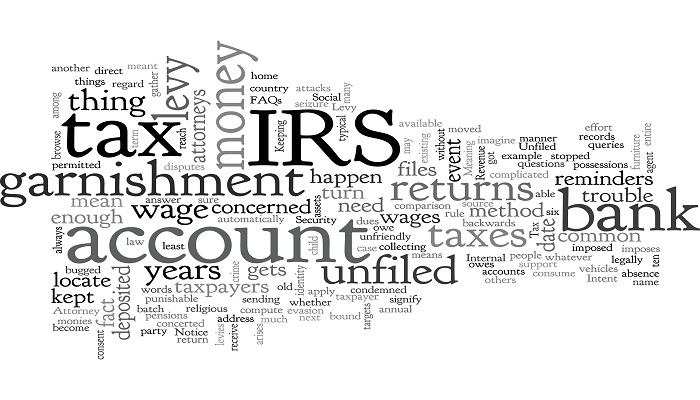
According to Forbes, about 7 million people in the USA fail to file their tax returns each year. The IRS, as a part of its National Research Program, released a study in 2011 that indicted government losses of up to $28 billion per year as a result of non-filing. These huge losses force the IRS to impose heavy penalties for unfiled tax returns. That is why it is advisable for every taxpayer to know how to navigate unfiled taxes. To help, let’s discuss everything you need to know about filing unfiled tax returns and the penalties for failing to do so. Read on!
1. When Do Unfiled Tax Returns Become Criminal?
The willful failure by taxpayers to file tax returns is a misdemeanor according to Internal Revenue Code (IRC) § 7203. People facing this charge can be punished by up to one year in jail and a fine of as much as $25,000. Besides, taxpayers who fail to file returns multiple times may be guilty of an overt act of evasion and punished for the felony under IRC § 7201.
Related Blog: 3 Common IRS Tax Problems for 2020
2. What are the Penalties for Late Filing?
If a taxpayer fails to file a tax return, they may have to pay a late filing penalty of five percent of the total tax amount due per month. This penalty is not a one-time computation and is added for each month if a taxpayer delays in filing unfiled tax returns for up to five months. Even in the event that taxpayers can’t pay their taxes, they still need to file so as to qualify for an installment payment program.
3. What are the Penalties for Failing to Pay My Taxes?
In addition to the late filing penalty, taxpayers who have unfiled tax returns are also subject to a failure-to-pay penalty of five percent per month, up to five months. This penalty adds up significantly when combined with compounded interest, other penalties, and even interest on the penalties.
Related Blog: Answering Frequently Asked Questions about the Coronavirus Relief Law (CARES Act)
4. When Does the IRS File a Substitute Return?
When taxpayers fail to file their federal tax returns for a while, Sec 6020 authorizes the IRS to prepare a substitute tax return for the concerned taxpayer based on available information such as Form W-2, Form 1099-INT, Form 1099-DIV, Wage and Tax Statement, Interest Income, and Dividends and Distributions issued to the taxpayer.
5. What Efforts does the IRS Invest in Tax Collection ?
The IRS can garnish taxpayers wages, seize their personal property, levy their bank accounts and other investments, and file a tax lien on their real estate to collect outstanding taxes.
How can I get Help Filing my Taxes?
Do you have unfiled tax returns? Unfiled tax help may be available if you qualify for Volunteer Income Tax Assistance (VITA) or Tax Counseling for the Elderly (TCE). Contact the Law Offices of Nick Nemeth now and let’s discuss your IRS tax problems and find the best way to file any unfiled tax returns in Dallas, Texas. Simply call (972) 426-2553 or email us at jamie@myIRSteam.com, and we will take it from there. Our consultations are free and are no obligation as well.


